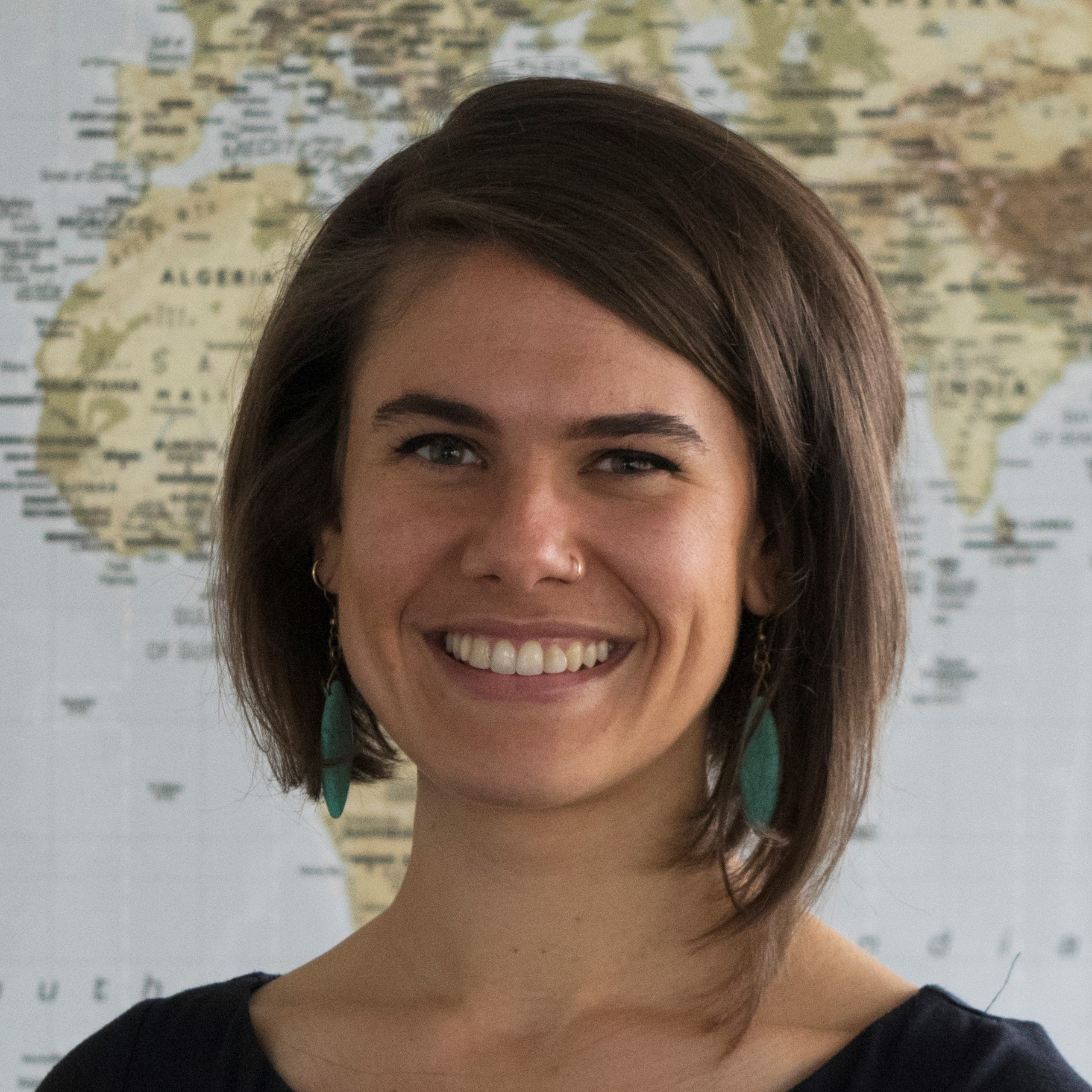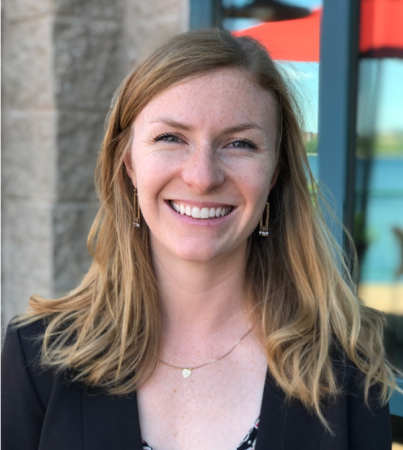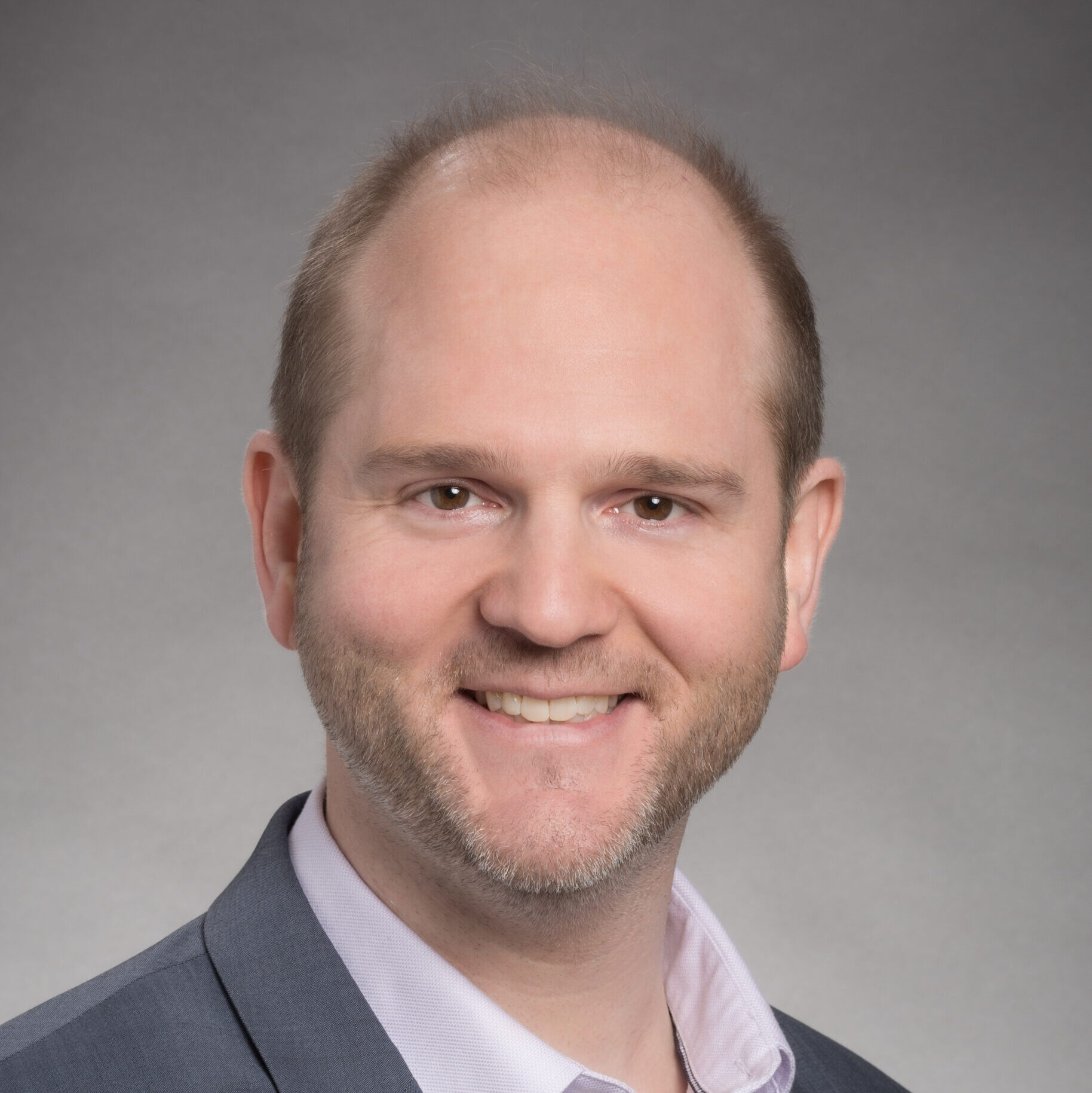Fellowship funding has been awarded to Yasaman Zia of the Kenya Research and Training Center at the University of Washington by the National Institutes of Health (NIH) for "Optimizing Pre-exposure Prophylaxis Use among Adolescent Girls and Young Women Seeking Reproductive Health
Care in Kenya."
Abstract:
This proposal aims to investigate the factors that shape Kenyan adolescent girls and young women’s (AGYW) experiences of HIV pre-exposure prophylaxis (PrEP). The “PrEP cascade” specifies measurable benchmarks from which the implementation of PrEP programs can be assessed to optimize and determine program engagement. PrEP cascade outcomes include the frequency of PrEP initiation, refills and adherence at 1-, 3-, and 6-months, and long-term PrEP program retention among HIV-negative individuals with HIV risk. Kenyan AGYW, between the ages of 15-24, face parallel epidemics of HIV and unintended pregnancy and have a ≥2-fold higher incidence of HIV than their male counterparts. Integration of PrEP within post-abortion care (PAC) settings is a crucial step
in successfully strengthening the prevention of HIV among AGYW, especially in view of the age-specific social and psychological vulnerabilities of AGYW.
Several programs integrating PrEP into family planning or maternal and health services cite frequent PrEP discontinuation, especially among AGYW. This project will leverage an ongoing PrEP scale-up project in PAC clinics in Kenya to identify challenges that AGYW face in PrEP use. This study seeks to address a critical gap in HIV prevention research and PrEP scale-up by: 1) assessing PrEP cascade outcomes in a socioecological framework of individual, interpersonal, and contextual factors; 2) measuring adolescent sexual and reproductive health empowerment, with a novel and adapted tool, in association with PrEP program retention; and 3) evaluating prevention-effective adherence in the alignment between sexual behaviors and PrEP adherence, measured through point-of-care urine assay.
By integrating research grounded in behavioral science and clinical epidemiology methods, the research will provide a holistic perspective of adolescent experiences that influence PrEP care and provide new evidence of AGYW in PAC settings, who remain understudied and at high risk of HIV.
Sponsor Award Number: 1F31HD105494-01A1
TB PrEP – Integrating HIV prevention with TB household contact evaluation
Jennifer Ross, MD, MPHContinue reading→
Addressing Clinician Bias to Improve Equitable Implementation of Evidence-Based Practice
Freda Liu, PhD & Aaron Lyon, PhDContinue reading→









